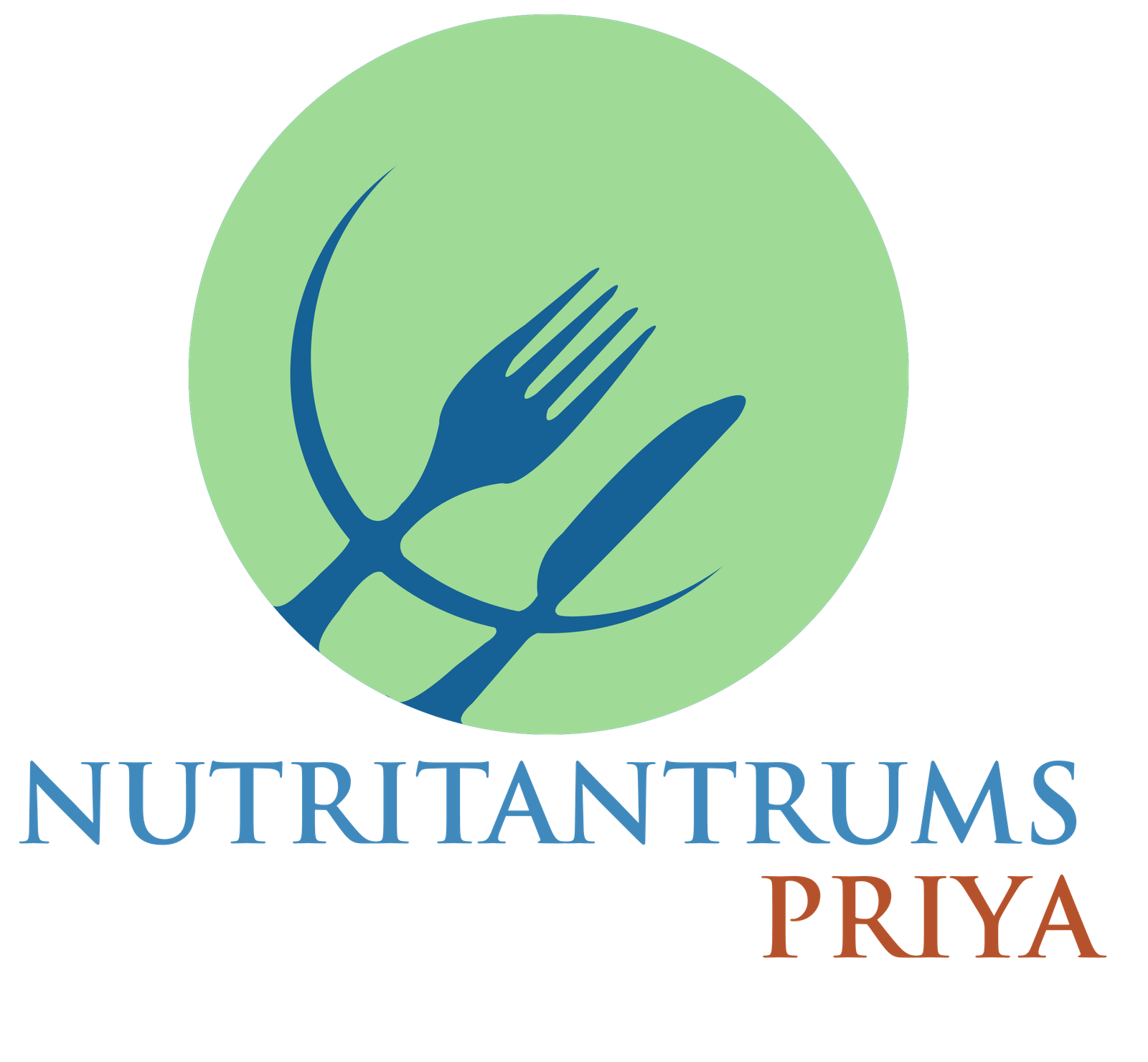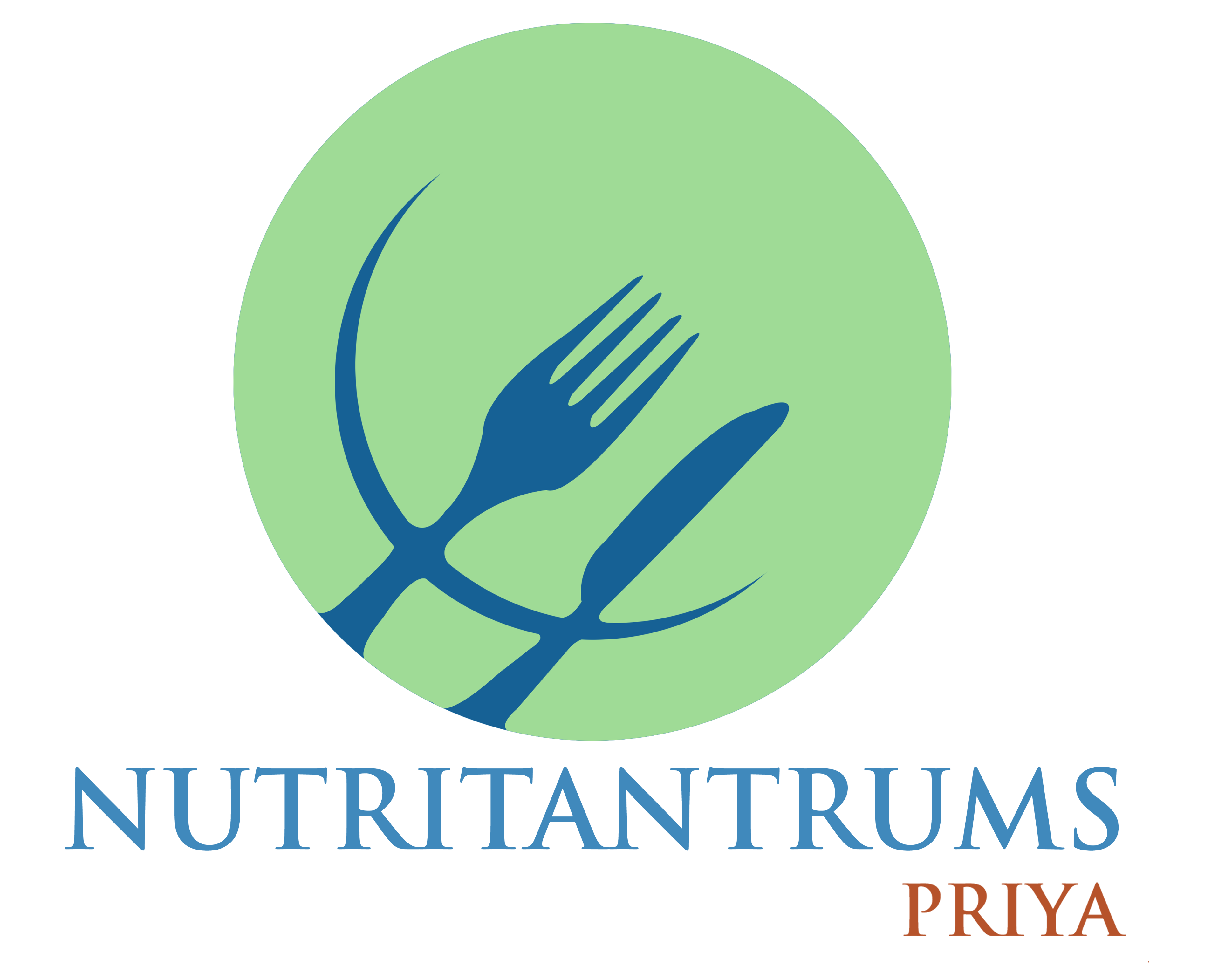Nutrition for Kids
Harness The Power Of Nutrition For GrowthChildren Nutrition-
Fussy eaters! Un eaten Lunch Boxes! We owe children the right to a healthy childhood that supports nutrition based growth and development. But as children grow, they develop their own individual personality, tastes and preferences to everything around them including food. An explosion of new food textures, tastes and combinations can lead them to favour a selection and ignore the others. This can be biased, and we can have a child who is skewed in a certain manner of eating that might not be favourable to his / her health.
It is better to address these patterns early than late. Children also come with the unique advantage of being experimented and impressionable. And what they learn at this age, is what they hold for life.
You are always worried if your child will grow as tall as you feel they should. How can you optimise the same, given their physical activities today are far lesser than what it should be ideally and there is no control on their nutrition. Children go through a growth spurt for close to 2 -3 years of their life. Their final growth spurt begins sometime between age 9-15, coinciding with their puberty. During the puberty growth spurt, boys can grow up to 4 inches a year, while girls can grow up to 3 inches a year. (For boys, puberty starts around age 11-12, and completes around age 16-17. For girls, puberty typically begins between the ages of 10-11, and is usually completed by age 15-17.). It is important for parents to focus on the right nutrition before and during the growth phase to maximise the child’s growth potential.
The change in the nutritional needs during growth spurts and may be different for each child. A baby needs more calories in relation to size than a pre-schooler or school-age child, and the greatest caloric intake is required during puberty/ growth spurt time.
At Nutritantrums Nutrition, our team of expert Paediatric nutritionists will provide a customized nutrition plan for your child, designed according to his/her specific activity, lifestyle, culture, taste and liking. Your child will be an integral part of this designing team so that we are sensitive to his/her choices. Based on your child’s input, we will provide your child with the nutrients that will help your child get the best all round development and height and ensure that your child also licks the last morsel of the plate!
Nutrition for Teenagers –
Oh ! They have a mind of their own. They are almost adult. Any advice is hard to follow. Teenagers have an independent life of their own and they live by their own rules. This includes eating as well. With the whole world at their feet and choices unlimited, they could be spoilt in terms of their nutrition discipline.
Given the complexity of conception, healthy eating and nutrition is one of the most important factors that a woman should focus on post conceiving.
During pregnancy, a woman's nutrition directly influences the course of foetal development, and the long-term health of the mother and child.
Nutrition for Special Children –
If you are a parent to a special needs child and you should be looking to invest in a Nutrition Plan. You should be ready to discover how correct and precise nutrition can make a big change in your child's quality of life. One area in which you are perhaps hoping to find the solutions you've been seeking, is that of nutrition.
Many special needs kids have a nutritionist who sets specific guidelines for the challenges they are facing; for others, focusing on nutritional goals is a whole-family effort. Here, at Nutritantrums Nutrition, we highlight the more common nutritional risks special needs children face and provide adequate suggestions, on how to overcome these challenges. We keep in mind that nutritional challenges are as varied as each individual child, and our aim is to provide a general and specific guideline for parents and caretakers.
Many children with disabilities have specific health issues that can impact their nutritional well-being and eating habits. This makes understanding and meeting your child’s nutritional needs even more important. Very often, a child with special needs may face specific barriers to having a healthy relationship with food. Many children “love” food and parents feel bad for denying them one of their pleasures but this leads to a lifelong battle of obesity and a bad relationship with food.
| The following syndromes, for instance, may place children at a higher risk for weight gain: Down syndrome, Spina Bifida, Autism Spectrum Disorder, ADHD, Prader-Willi syndrome, Cohen syndrome, Carpenter syndrome, Borjeson syndrome and MOMO syndrome. |
The way you nourish your body during this time will affect the health of both you and your baby. You must eat a healthful, balanced diet to help ensure you stay healthy throughout your pregnancy. The food you eat is also the main source of nourishment for your baby, so it’s critical to consume foods that are rich in nutrients. Proper nutrition can help promote your baby's growth and development. You also need more calories. You will probably have everyone advising you to eat for two but the truth is that the average woman does not need any extra calories for the first six months of pregnancy and only about 200 extra calories per day for the last three months.
- 67.1% with autism spectrum disorder were either overweight or obese.
- 86.2% with Down syndrome were either overweight or obese.
- 18.8% with cerebral palsy were either overweight or obese.
- 83.1% with spina bifida were either overweight or obese.
- 6% with intellectual dis ability were either overweight or obese.
Study on ages 12-18 with physical, intellectual or behavioural disabilities
The Special Kids Nutritional Plan is worked by a qualified and experienced paediatric Nutritionist with a panel of Nutritionists by understanding your child’s needs – which may be different from another child with the same syndrome/disease. The diet will always be individualized depending on energy requirements, any special needs for nutrients, protein, activity, mechanical issues, and behavioural issues.
Overcoming the biggest nutritional challenges of special needs children can be a complex task that is sometimes within and sometimes beyond a parent's grasp. To the extent we can support, it is vital to ensure that our children enjoy the colourful, flavourful, rich-textured world of healthy food, and to get their hearts racing to the inviting rhythm of sport and life.
At Nutritantrums Nutrition, our team of expert Paediatric nutritionists will provide a customized nutrition plan for your child, designed according to his/her specific condition, activity, lifestyle, culture, taste and liking.

